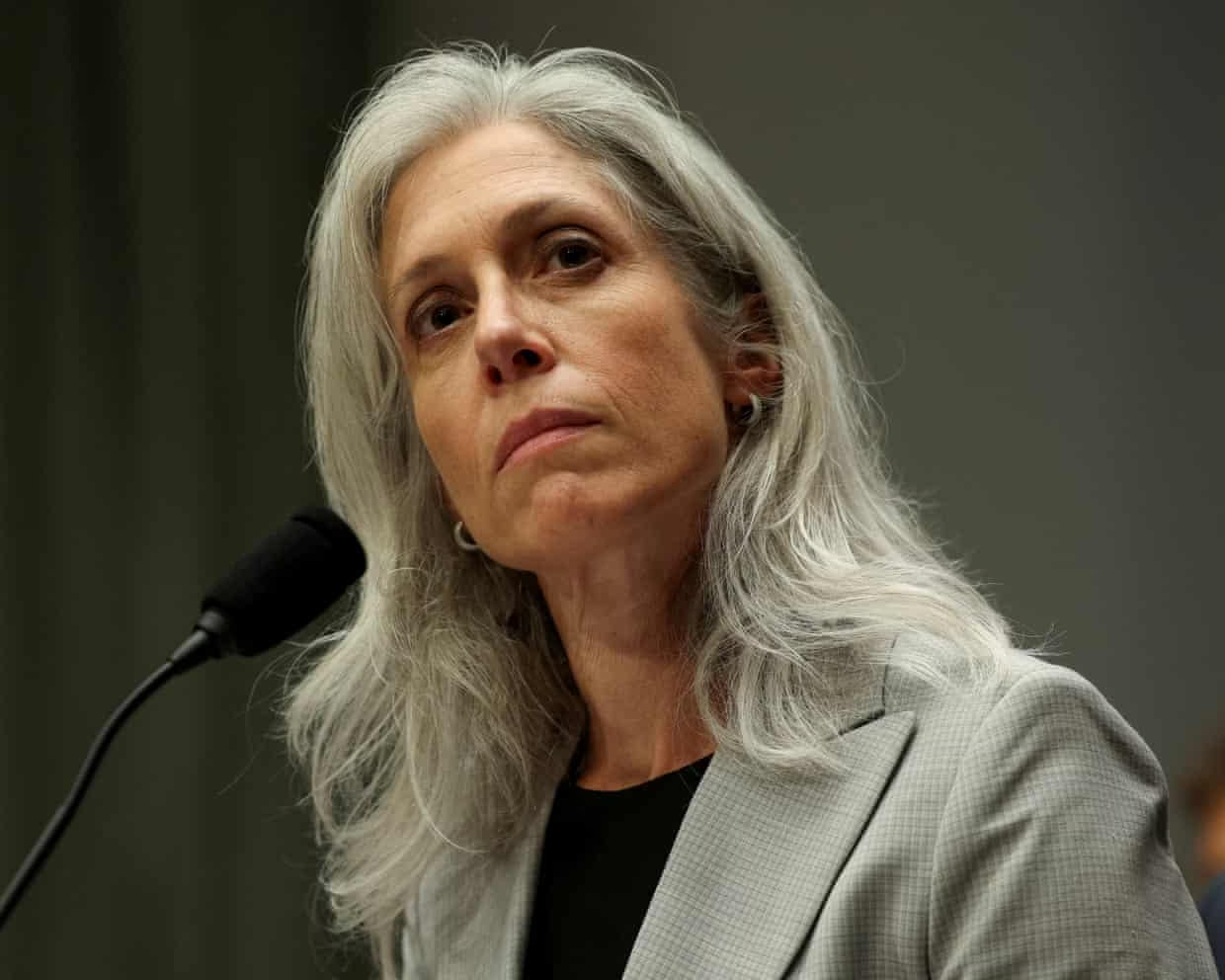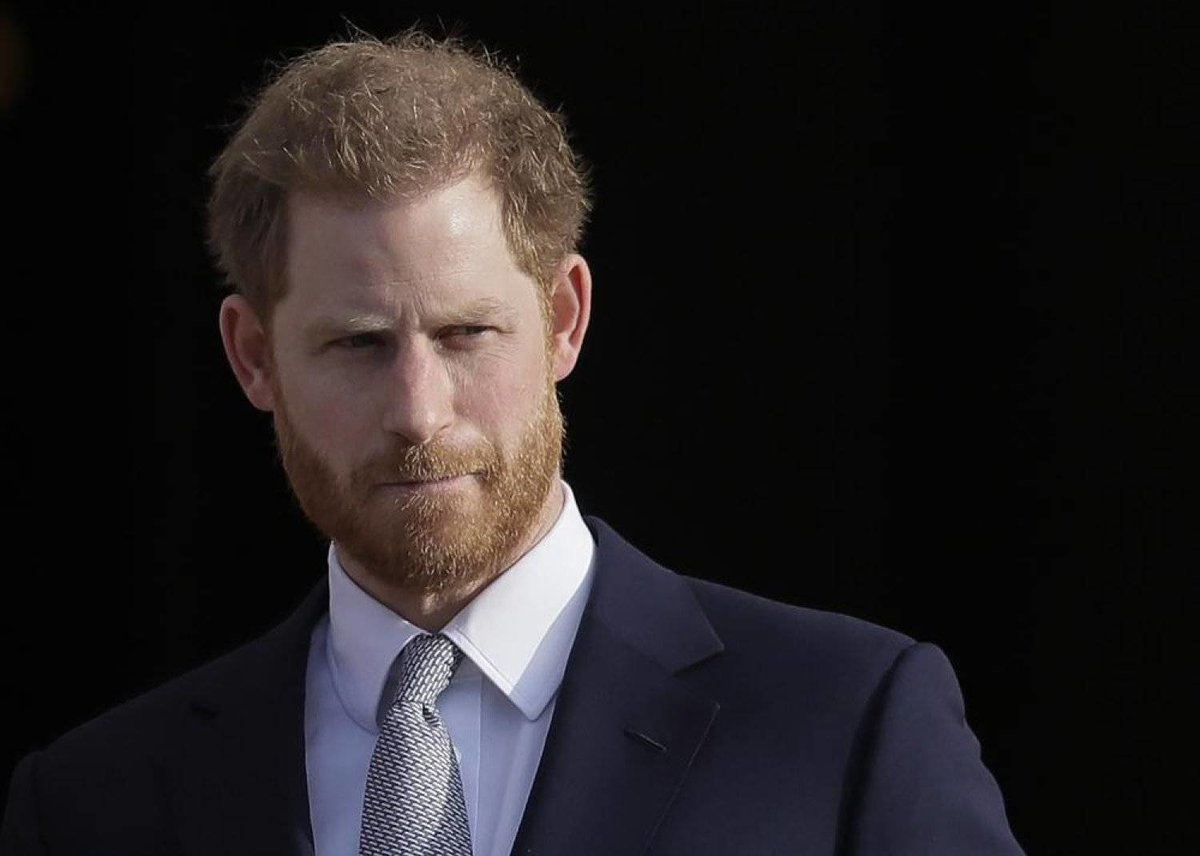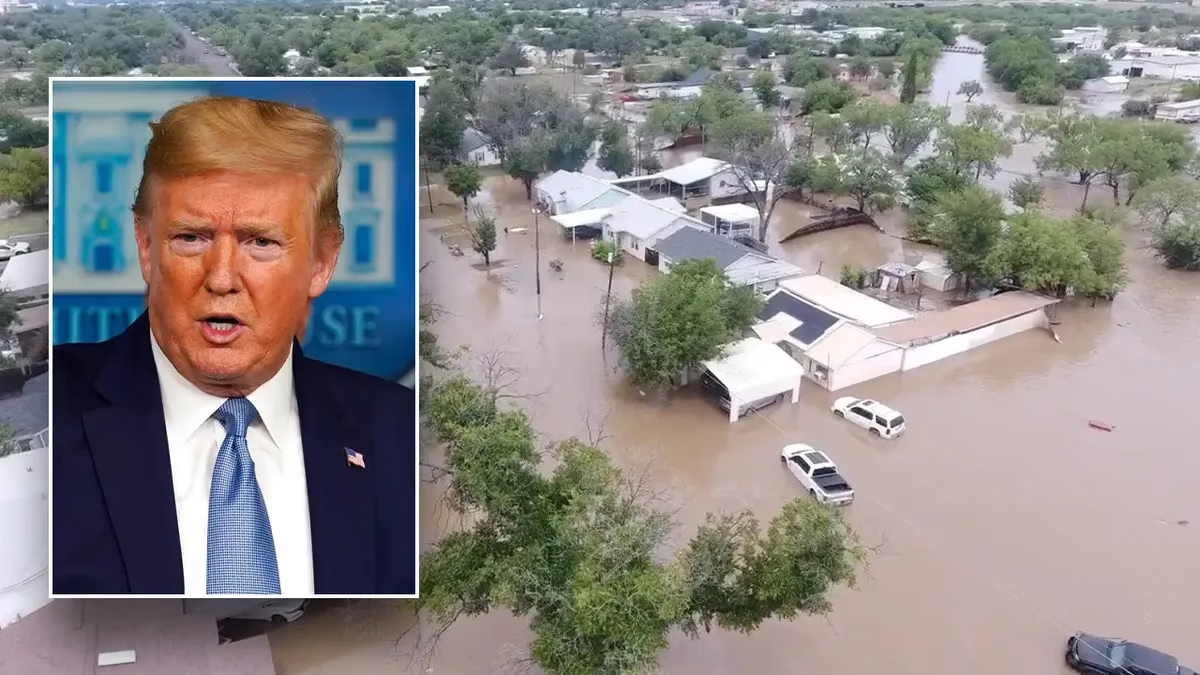The sudden removal of CDC Director Susan Monarez has sparked widespread confusion, outrage, and concern about the state of public health leadership in the United States. Monarez, who had only been sworn in less than a month ago, was reportedly forced out by the Trump administration after refusing to support controversial changes to U.S. vaccine policy. Her ousting raises questions about the independence of America’s top public health agency and leaves the CDC in disarray at a time when stability is desperately needed.
The Removal of CDC Director Susan Monarez
On Wednesday evening, the Department of Health and Human Services (HHS) announced that CDC Director Susan Monarez was no longer in charge of the agency. The unsigned statement, posted on social media, offered no explanation, simply thanking her for her service.
Monarez’s lawyers, however, strongly disputed the claim. They stated that she had neither resigned nor been formally notified of her dismissal. Instead, they argued that Monarez was being targeted for her refusal to endorse unscientific directives pushed by Health Secretary Robert F. Kennedy Jr. According to reports, she resisted pressure to back sweeping changes to U.S. vaccine policies, which created a rift with the administration.
Her attorneys emphasized that Monarez was committed to protecting the public, even if it meant defying political orders. When CDC Director Susan Monarez refused to rubber-stamp reckless directives and fire dedicated health experts, she chose science over politics. For that, she has been targeted, they said in a statement.
A Leadership Vacuum at the CDC
The turmoil has quickly spiraled into a broader leadership crisis. Within hours of the HHS announcement, at least three other senior CDC officials submitted their resignations. Among them was Dr. Demetre Daskalakis, director of the National Center for Immunization and Respiratory Diseases, who issued a pointed resignation letter warning that the agency was being destabilized from within.
Public health experts fear that the loss of so many seasoned leaders could leave the CDC ill-equipped to respond to emerging health challenges. “There is a wholesale destruction of leadership at the CDC,” wrote Dr. Ashish Jha, former White House coronavirus response coordinator. “The newly confirmed director is out. Most of the top leaders who run key centers have resigned en masse. Total implosion. What a disaster.”
Confusion Over Authority
Adding to the uncertainty is the question of whether the administration even had the authority to remove Monarez. As a Senate-confirmed official, only the president can fire the CDC Director. Yet the White House statements announcing her dismissal did not explicitly mention President Trump. Instead, a deputy press secretary claimed Monarez had been terminated after she allegedly failed to follow through on her resignation.
This unusual sequence of events has led to speculation about whether her removal will face legal challenges. For now, the CDC is operating in a state of limbo, with its leadership structure unclear and its credibility under attack.
The Political Stakes of Public Health
The removal of CDC Director Susan Monarez has highlighted the increasingly politicized nature of public health decision-making in the United States. Critics argue that her ouster reflects a troubling trend in which scientific evidence is being sidelined in favor of political agendas.
Dr. Jonathan Reiner, a professor of medicine at George Washington University, warned that Health Secretary Kennedy is becoming a liability for the White House. “And incredible career professionals resigned tonight, sounding a massive alarm. This is pure chaos that leaves the country unprepared,” another public health expert observed.
The perception that politics is dictating scientific policy could erode public trust at a time when the CDC plays a crucial role in preparing for future outbreaks and maintaining vaccination programs.
What Comes Next for the CDC
With CDC Director Susan Monarez gone, the agency faces an uphill battle to regain stability. The immediate priority will be restoring confidence among its staff and the public. However, the exodus of senior leaders and the political storm surrounding Monarez’s departure make this an enormous challenge.
Historically, the CDC has been viewed as one of the most respected public health agencies in the world, credited with leading responses to everything from polio to COVID-19. Yet today, the agency finds itself weakened by internal chaos and external interference.
Experts caution that the U.S. cannot afford a prolonged leadership vacuum. Public health crises, from seasonal influenza to potential new pandemics, require clear communication, evidence-based decision-making, and institutional stability. Without a strong director at the helm, the CDC risks losing its ability to act decisively in moments of crisis.
The ousting of CDC Director Susan Monarez has left America’s top public health agency in turmoil. What should have been a period of renewed leadership has instead devolved into confusion, resignations, and questions about the independence of the CDC. Whether her removal stands or is challenged legally, the damage to the agency’s credibility is already evident.
As the CDC faces this leadership crisis, the stakes could not be higher. Public health depends on trust, science, and stability—qualities now under threat in an increasingly politicized environment. The nation will be watching closely to see how the agency recovers, and whether science or politics ultimately prevails.



